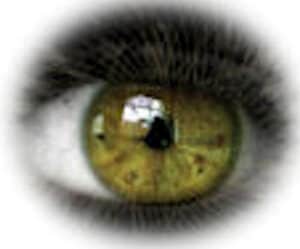
Just a few notes about watching a solar eclipse. A patient called me a few days ago looking for solar eclipse glasses. In my mind it is never a good idea to look in the direction of the sun. I do realize, however, that there are a lot of people who want the experience of seeing a solar eclipse since it is so rare.
There is eye pathology associated with sun gazing called solar retinopathy. This damage is caused by high intensity light exposure. Retinopathy is damage to the very sensitive light detecting neurons in the back of the eye, which are responsible for vision. While solar retinopathy will not result in total vision loss, it is damage to the macula, which is the area of our most critical and detained vision.
Looking at the sun, if inadequately protected, can result in solar retinal damage in 30 seconds or less. Sunlight is not only a source of high intensity UVA and UVB wavelengths, but also radiates other potentially damaging wavelengths of light, such as Infrared and near infrared. For this reason, regular UV 400 protective sunglasses, no matter how dark, are not enough for solar eclipse watching.
Symptoms of solar retinopathy are felt a few minutes to a few hours after exposure, depending on the intensity of the burn. Visually there may be blurring, a scotoma (an area of no vision, a ‘blind spot’), and/or distortion accompanied by a headache.
The solar eclipse glasses which are recommended have additional specialty filters to guard against the other high intensity wavelengths of light. The international safety standard is labeled ISO 12312-2. This should be indicated on the glasses, along with the name of the manufacturer. A list of reputable manufacturers of solar eclipse glasses can be found at American Astronomical Society(AAS), Vendors of Solar Filters and Viewers. They are not expensive, but don’t take a chance on poorer quality, or even worse; fake solar filters.
If you would like a comprehensive description of eclipse viewing, go to the NASA.gov website. On this page, they describe how to use the solar filters and make other safety recommendations. They also describe an indirect technique to experience the solar eclipse. Through the NASA.gov website you can access ways to watch live streams:
